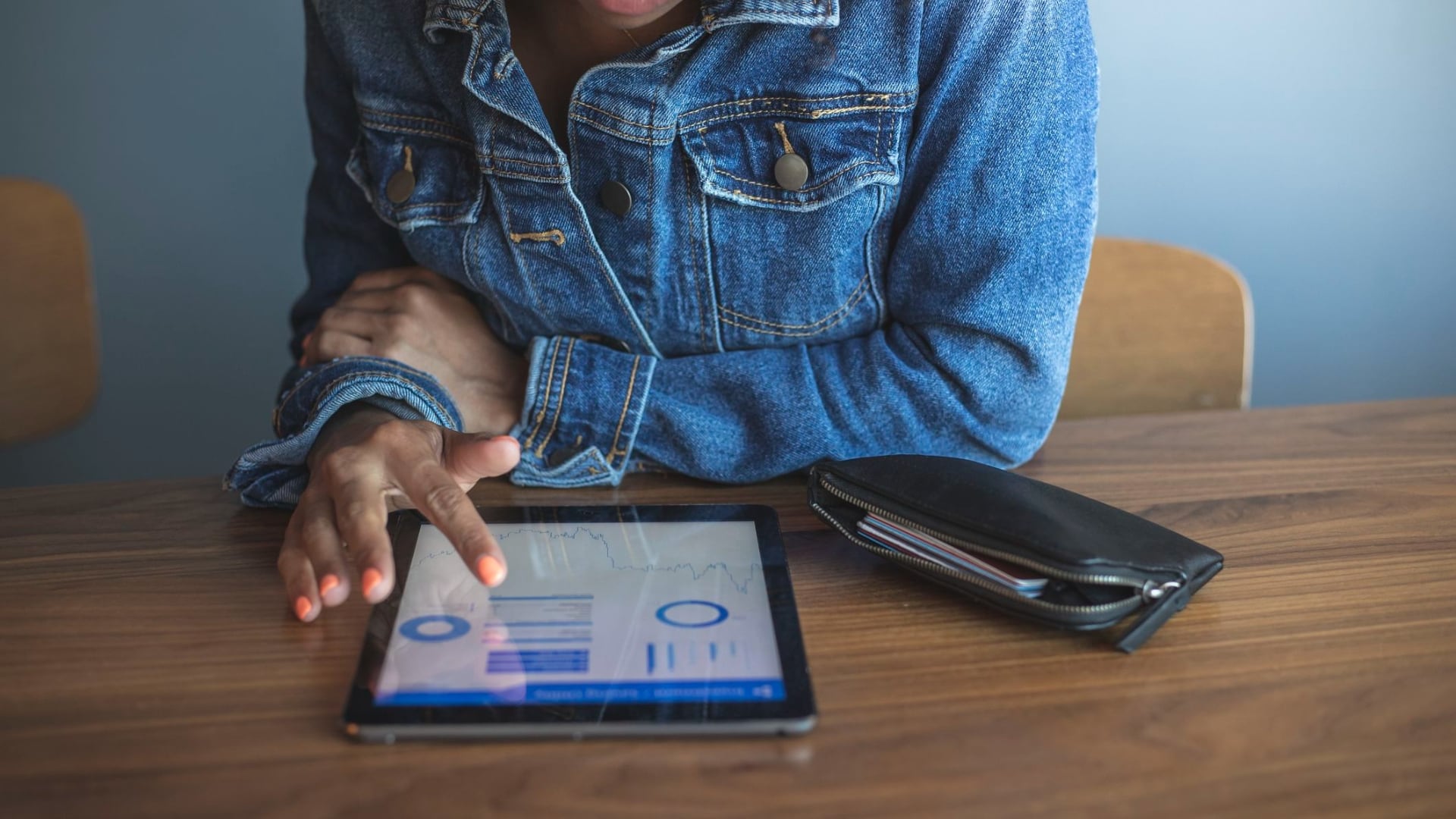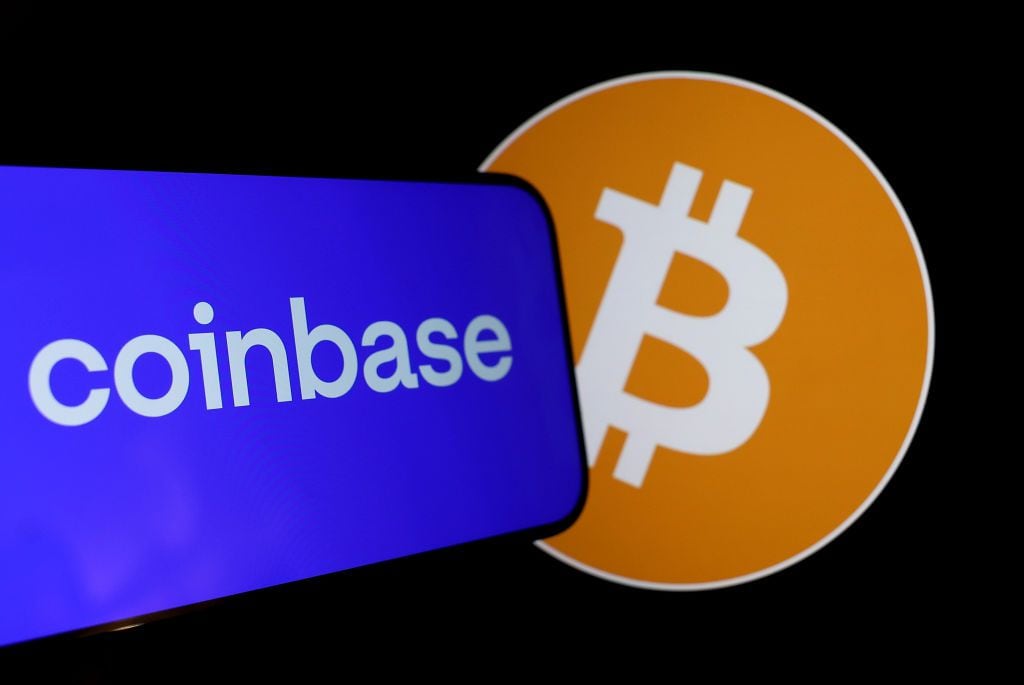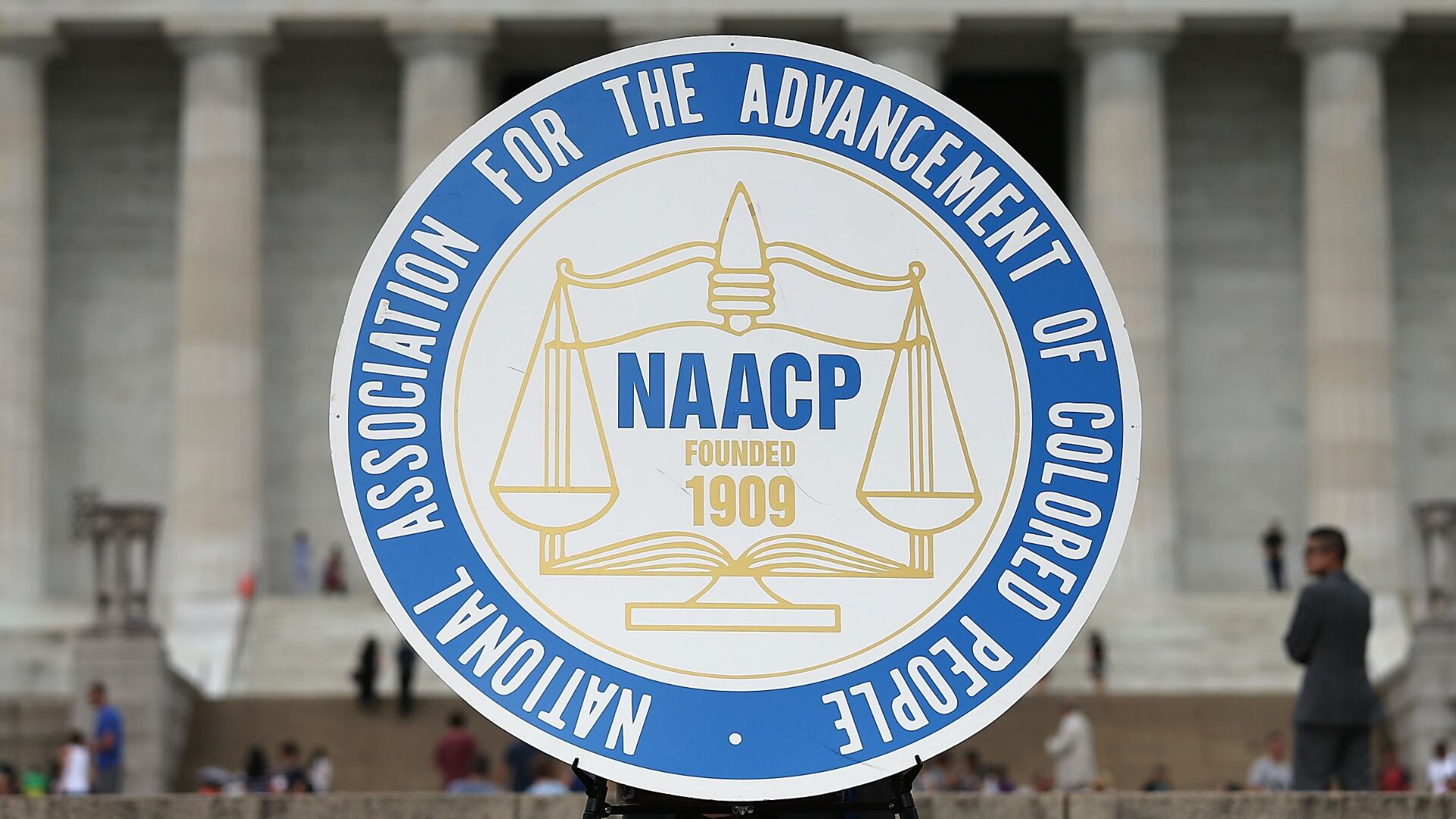By Karen Matthews and Bobby Caina Calvan
New York City will soon require proof of COVID-19 vaccinations for anyone who wants to dine indoors at a restaurant, see a performance or go to the gym, Mayor Bill de Blasio announced Tuesday, making it the first big city in the U.S. to impose such restrictions.
The new requirement, which will be phased in over several weeks in August and September, is the most aggressive step the city has taken yet to curb a surge in cases caused by the delta variant. People will have to show proof that they have had at least one dose of a vaccine.
“The only way to patronize these establishments indoors will be if you’re vaccinated,” de Blasio said. “The goal here is to convince everyone that this is the time. If we’re going to stop the delta variant, the time is now. And that means getting vaccinated right now.”
The Democrat said some details still need to be worked out, including rules affecting children under 12, who are not yet eligible for any of the approved vaccines. The policy will go into effect on Aug. 16 but inspections and enforcement won't begin until Sept. 13, the week that the city's public schools reopen for the fall.
Vaccination cards will be accepted as proof of inoculation, along with state and city apps.
De Blasio has focused on getting as many New Yorkers vaccinated as possible while resisting calls to mandate masks indoors, as several cities and counties in California have done.
De Blasio said Monday he was making “a strong recommendation” that everyone wear a mask in public indoor settings but stressed that the city’s “overwhelming strategic thrust” remained getting more people vaccinated.
Asked Tuesday about a mask mandate, de Blasio said all options were on the table but reiterated that the city's policy is “vaccine-centric.”
“Right now what we want to nail is people getting vaccinated, and, very bluntly, showing that life is much better when you’re vaccinated," he added. “You can do so much more when you’re vaccinated. You have more freedom when you’re vaccinated, and you have a lot less, you have fewer choices, fewer opportunities if you're not vaccinated.”
The mayor announced last week that city employees would be required to get vaccinated by mid-September or to face weekly testing, and he has offered a $100 incentive for city residents who get inoculated.
De Blasio said Tuesday that he did not think checking vaccination status should be too difficult for businesses, which already have to take tickets or show diners to a table.
Some restaurateurs disagreed.
Seongmin Jun, the manager of Dear Han Cafe, wondered how he would check vaccination cards while handling the periodic rush of patrons and serving as the cafe’s only barista.
“Will customers get offended for checking if they got COVID vaccinations? I mean I don’t know how to do that, or even if I will have time to do that,” Jun said.
The coffee shop opened just months before the pandemic spread early last year.
“They’re making it too hard for businesspeople,” Jun said, but acknowledged that something has to be done to get the outbreak under control. “I get what they are trying to say, but there must be another way to reduce the cases of COVID.”
Sean Ogs, manager of the nearby Woodside Cafe in Queens, said he was “floored” when he heard the news about the new vaccination mandate.
“We’ve already been in a struggle. I don’t know how I’m going to deal with it,” Ogs said. “It’s going to be extra work. It’ll make things impossible.”
Woodside Cafe customer Debbie McCarthy, who is unvaccinated, said she was turned away over the weekend from several establishments that had already begun requiring proof of vaccinations from patrons.
“I’m a little shocked they would do that,” said McCarthy, who said she recovered from COVID-19 a few months ago and believes her natural antibodies will protect from future infections. “Why are they so afraid of people who haven’t been vaccinated? I think we should have a choice."
Scientists recommend vaccination for people who have had the virus, saying it's unclear how long immunity without vaccination for those who have recovered would last.
Andrew Rigie, executive director of the NYC Hospitality Alliance, a restaurant group, said he supports the new policy.
“Mandating vaccine requirements for restaurant and bar employees and customers to work and dine indoors is a very difficult step, but ultimately may prove an essential move to protecting public health and ensuring that New York City does not revert to restrictions and shut down orders that would again absolutely devastate small businesses that have not yet recovered from the pandemic," Rigie said in a statement.
Fitness studio owner Bill Zanker said he supports the newly announced policy as well, even though it comes as another hurdle after a long coronavirus shutdown.
“We’ve got to encourage people to get vaccinated. ... We’re happy to enforce that,” said Zanker, the CEO of GRIT BXNG, a Manhattan studio that offers boxing-related workouts and a full bar. “Unfortunately, it will affect the business again.”
The studio had been open for just seven months before the pandemic shutdown began in March 2020. Since reopening this past May, GRIT has checked patrons’ vaccination status, offering some inoculated-only classes where people could go without masks, while unvaccinated people had to take other classes and cover their faces, he said. About 25% of the patrons are unvaccinated, he said.
Major performance venues including Broadway theaters and the Metropolitan Opera have already announced that vaccinations will be required for patrons.
About 66% of adults in New York City are fully vaccinated, according to official data.
On Monday, the U.S. reached President Joe Biden’s goal of getting at least one COVID-19 shot into 70% of American adults — a month late and amid a surge by the delta variant that is overwhelming hospitals and prompting renewed pandemic regulations around the country.
_______
Associated Press writer Jennifer Peltz contributed to this report.
Updated on August 3, 2021, at 3:04 p.m. ET with the latest details.












